How to deal with inaccurate online reporting
Public information about us online can have a large impact on our reputation. Finding yourself in the spotlight can bring benefits and drawbacks. If you have found yourself in the press and the information reported about you is out of date, irrelevant, excessive or inaccurate then there are some steps you can take to balance the story.
We want to better understand the impact of you experiencing this issue, can you share your experience by filling in this online form? This will help us better protect future victims.
Approaches to dealing with inaccurate online reporting
Contact the author - the first step is to contact the author of the content. Factually state the issues you have with the article and what you would like to be changed. If the article is factually incorrect the journalist has a duty to update the article as soon as possible.
Contact the news outlet - If you have no luck with the author then contact the website or publisher directly. Again factually state your issues with the coverage and what you would like changed.
Legally block the content from being published - if the content is yet to be published then you may have a legal route to block the content from being published. Contact a lawyer and discuss your options. For example a super-injunction would allow you to block the publication of the content.
Use your right to be forgotten - for a number of years now EU residents have the right to request that links to pages containing data that is out of date, irrelevant, excessive or inaccurate must be removed from Google search results. It doesn't require those pages to be taken down, only that they not be shown in Google's search results. So even if you can’t get the information taken down, you can reduce the chance of people finding it. You can find the Google form here.
Get your side across -If the coverage is out there another approach is to get your side of the story across. Contact journalists who may be more sympathetic to your side of the story. It is also important to work on your public profile and ensure that your social media profiles reflect the messages you want to get across.
Donate
To help people like you we rely 100% on donations from people like you.
Without donations we cannot keep our service free and provide help to the most vulnerable victims of cyber crime when they need it most. As a not-for-profit organisation, 100% of your donation goes towards keeping The Cyber Helpline up and running - so 100% goes towards helping people like you. Donate now and help us support victims of cyber crime.
